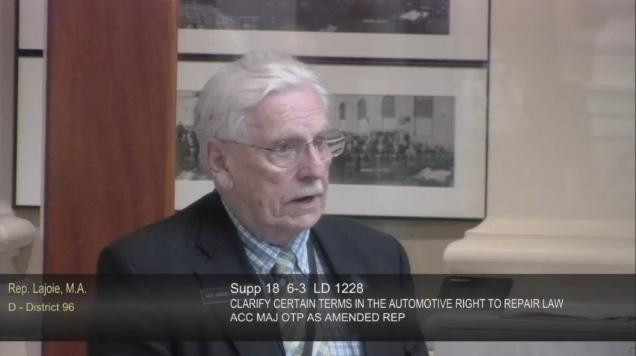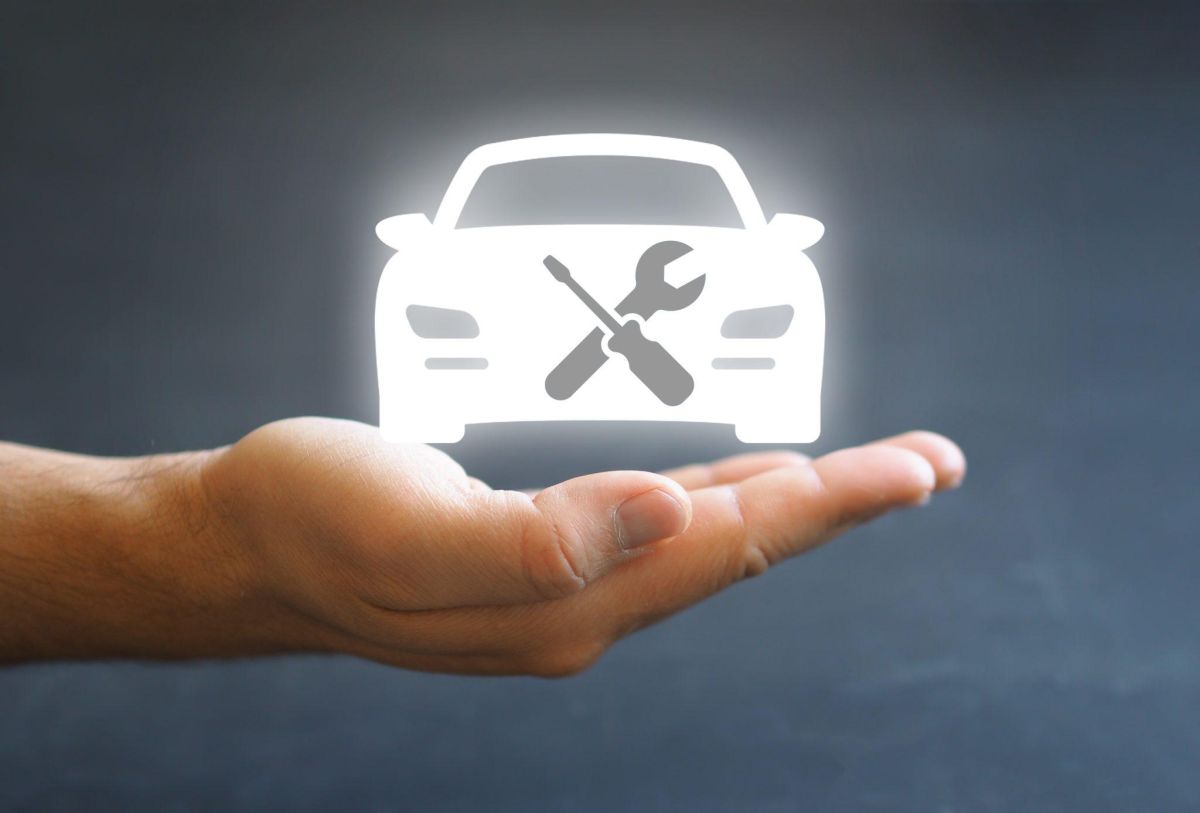Both chambers of the Maine State Legislature passed comprehensive right to repair legislation during House and Senate sessions that each lasted over 10 hours. The final bill, sent to Gov. Janet Mills’ desk for signature, establishes an oversight body for right to repair regulatory compliance and strikes a requirement for a standardized platform to provide shops access to all vehicle mechanical data.
Maine House lawmakers passed LD 1228 by a vote of 135-12 during a 12-hour session on June 17. The state Senate followed suit during a more than 10-hour session on June 18, voting 21-14 in favor of the legislation.
Introduced by Democratic Rep. Tiffany Roberts, the legislation envisions a Motor Vehicle Right to Repair Commission to oversee right to repair requirements in Maine. The bill charges the commission with attempting to informally resolve any complaints from owners or independent repair facilities regarding OEM noncompliance with any forthcoming right to repair framework.
 Maine State Rep. Michel Lajoie, D-Lewiston, during the House session.
Maine State Rep. Michel Lajoie, D-Lewiston, during the House session.
The commission could refer unresolvable complaints to the Maine attorney general for potential enforcement action.
“LD 1228 does exactly what we told the public we would do when we passed the working group resolve: examine, evaluate and, if needed, correct,” Roberts said on the House floor June 17.
Roberts was referring to legislation that took effect in August, directing the Maine state government to establish a working group that would develop suggestions for final right to repair legislation and include independent repairers, parts distributors, aftermarket manufacturers, auto manufacturers and dealers, and members of the state attorney general’s office, among others.
The working group released those legislative recommendations in February.
A ballot measure passed in November 2023 by 84% of Maine’s voters stipulated that all Maine-sold vehicles must have a standardized data platform allowing car owners and — with owner permission — independent repair shops, access to all vehicle mechanical data via mobile application. LD 1228 would repeal that language.
“There is no standardized platform across manufacturers that meets the telematics access provision,” Roberts said in floor remarks. “Federal regulators at NHTSA and BIS have warned that open telematics access could allow for malicious interference with vehicle controls such as steering and braking.”
In place of the standardized platform provision, LD 1228 proposes language requiring manufacturers to make available “on fair and reasonable terms” to car owners or repair shops “the means to perform the diagnostic and repair function on the motor vehicle in a manner commensurate to that offered by the manufacturer to its dealers and designated motor vehicle repair facilities in the State.”
This must include the ability to perform remote diagnostics and repair functions if the manufacturer enables its dealers and its OEM-designated repair facilities in Maine to remotely perform such functions.
The Maine attorney general, car owners or independent repair facilities may seek legal remedy in the event of OEM violations.
If there is noncompliance, the attorney general would be able to file a lawsuit in the superior court of any Maine county to seek injunctive relief and civil penalties of up to $10,000 for each violation. Car owners and independent repair shops improperly denied access to vehicle mechanical data could initiate civil lawsuits, with each denial of access compensable by an award of treble damages or $10,000, whichever is greater.
If Mills approves it, the legislation will take effect Sept. 24.















Brian Bradley